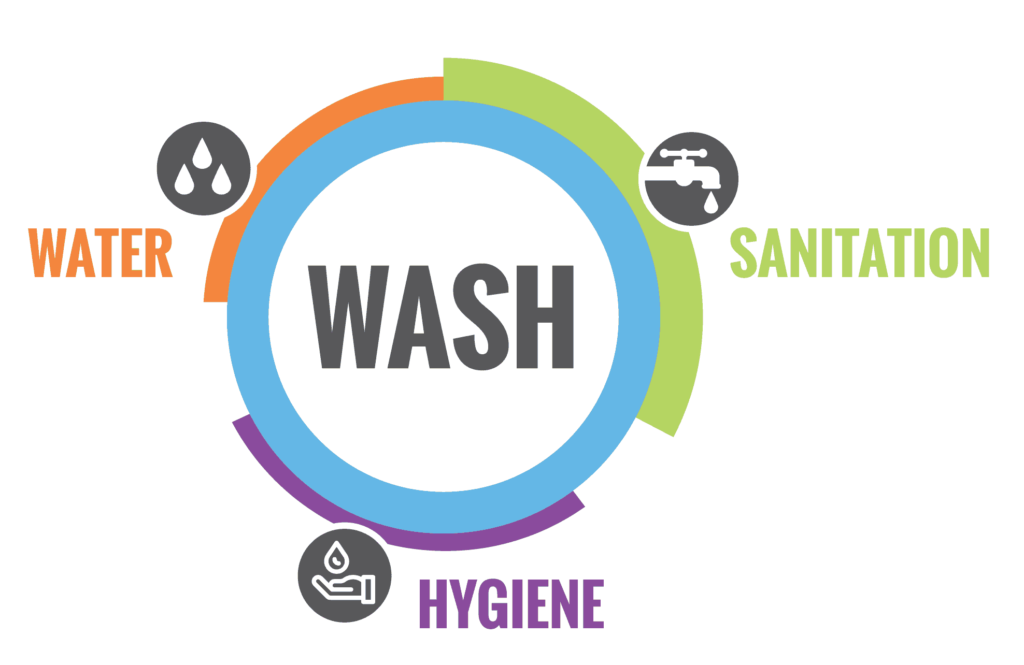
At the dawn of the 21st century, millions of people still lack access to safe water and adequate sanitation, compromising their health, dignity, and overall well-being. However, by prioritizing WASH interventions, investing in infrastructure, and promoting behavior change, we can pave the way for a healthier and more prosperous future.
Access to uncontaminated water is crucial for various daily activities such as drinking, cooking, sanitation, and hygiene practices. Unfortunately, a significant portion of the global population still lacks access to safe water sources, which exposes them to numerous health risks and waterborne diseases. Water scarcity also disproportionately affects women and girls, who bear the burden of fetching water over long distances. This not only hinders their educational opportunities and economic prospects but also jeopardizes their safety. By implementing WASH programs that provide reliable access to clean water, we can alleviate these challenges and enhance the standard of living for all.
Basic sanitation facilities, including toilets and proper waste management, play a critical role in preventing diseases and safeguarding the environment. However, billions of people worldwide still lack access to adequate sanitation infrastructure. WASH initiatives aim to bridge this gap by constructing toilets and promoting safe waste disposal practices. By doing so, we can significantly reduce healthcare expenses and create a healthier living environment for communities.
Hygiene practices, particularly handwashing with soap, are simple yet effective measures for preventing the spread of diseases. Unfortunately, many low-income regions and communities struggle to maintain good hygiene practices due to various factors. WASH programs prioritize behavior change through education, awareness campaigns, and emphasizing the significance of handwashing, personal hygiene, and menstrual hygiene for females. By empowering individuals, especially children, with the knowledge and tools to protect themselves and their communities from infectious diseases, WASH initiatives contribute to healthier and more productive lives.
The impact of WASH initiatives on public health cannot be underestimated. Access to clean water and improved sanitation significantly reduce the prevalence of diseases, saving thousands of lives each year. Furthermore, proper handwashing practices help decrease the incidence of infections, diarrheal diseases, and other preventable illnesses. WASH serves as a crucial framework for achieving sustainable development goals and creating a healthier world for all.
The urgency of implementing WASH initiatives to address the global water and sanitation crisis cannot be overstated. By ensuring access to clean water, promoting adequate sanitation facilities, and encouraging good hygiene practices, we can make significant strides in improving public health, reducing poverty, and enhancing overall well-being. Governments, organizations, and individuals must invest and collaborate to prioritize WASH interventions, invest in infrastructure, and promote behavior change. Through these collective efforts, we can fulfill the basic human rights of clean water and sanitation, creating a foundation for sustainable development and a healthier world for generations to come.


